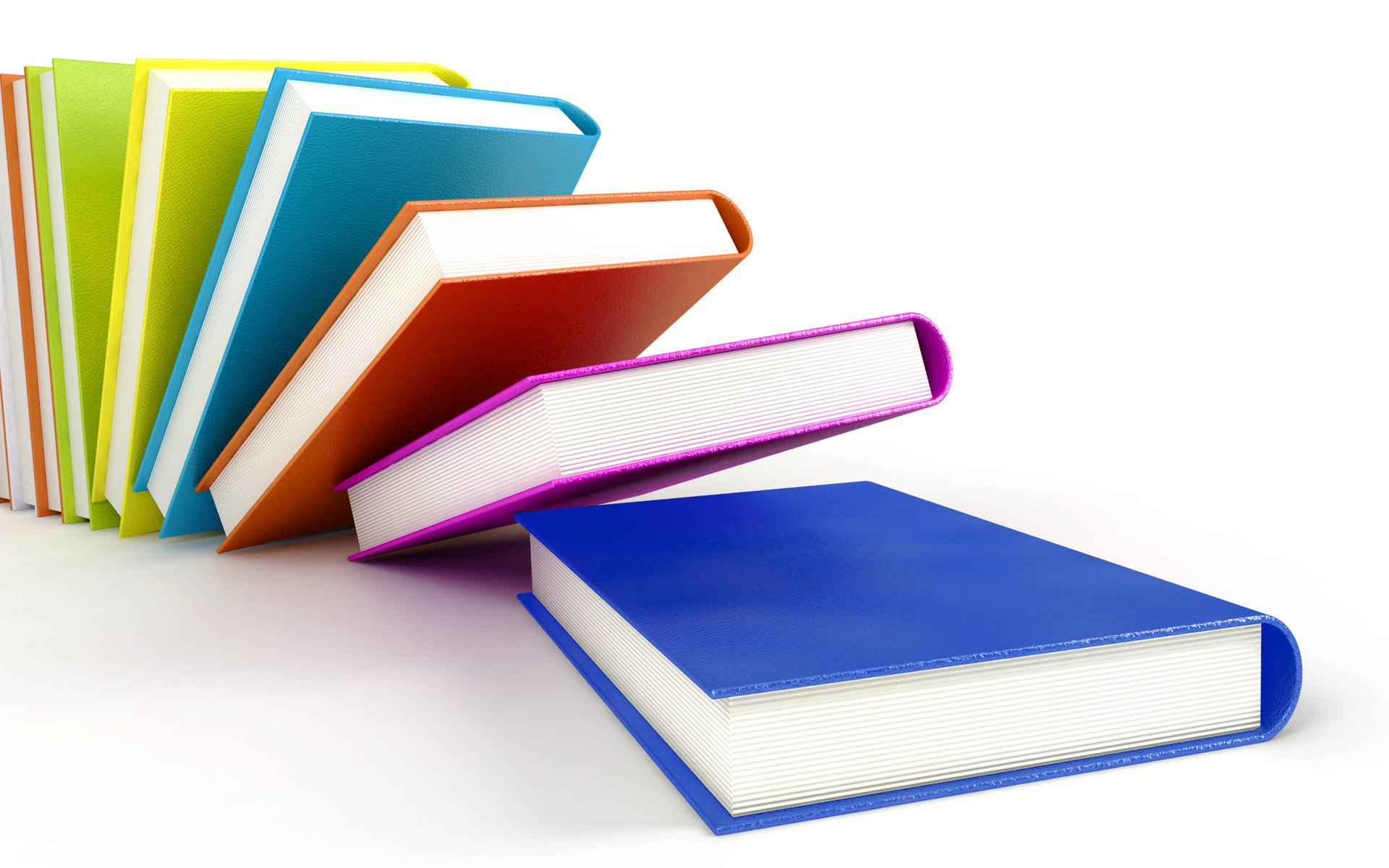
The human civilization of the current era is witness to some outstanding developments in technology. These techs are becoming outclass in recent years to help our all the writing, designing, and animated tasks. AI literature is booming the book publishers and book publishing companies in the industry. These exceptional ideas and concepts for marketing and promotional activities are becoming recommended. The addition of AI in the literary field extends beyond technical capabilities and economic impacts. It also raises important ethical and creative considerations. Specifically, literature development is becoming more accessible with the help of AI language model support.
Ethical Considerations
- Authorship and Attribution: One of the primary ethical concerns is the question of authorship. When AI generates content, who should be credited as the author? This issue becomes particularly complex in ghostwriting, where the identity of the actual writer is already concealed.
- Intellectual Property: AI-generated content raises questions about intellectual property rights. Who owns the text created by an AI? Is it the user who inputs the prompts, the developer of the AI, or the AI itself?
- Transparency: There is a need for transparency in disclosing the use of AI in the creation of literary works. Readers should be informed if a book or article has been substantially written or edited by AI to make informed judgments about the content.
Creative Considerations
- Human Creativity vs. Machine Efficiency: AI can mimic writing styles and generate coherent text. However, it lacks the innate creativity, emotional depth, and personal experiences that human writers bring to their work. The challenge lies in balancing the efficiency of AI with the unique creative input of human authors.
- Maintaining Originality: AI tends to generate content based on existing data, which may result in works that lack originality. Guaranteeing that AI-generated content remains fresh and innovative is crucial to maintaining the integrity of literary works.
- Enhancing Creativity: AI can also be seen as a tool to improve human creativity. By taking over repetitive tasks, AI allows writers and editors to focus on more complex and creative aspects of their work, potentially leading to more innovative and engaging content.

AI and the Democratization of Literature
One of the potential positive impacts of AI in the literary world is the democratization of literature. AI can make writing and editing services more accessible to a broader audience. Moreover, that exceeds the business of book publishers and book publishing services. Particularly those who may not have the resources to hire professional writers or editors.
Access to Affordable Services
- Cost Reduction: AI-driven services can significantly reduce the cost of writing and editing. Moreover, that is making these services more affordable for aspiring authors and small publishers.
- Breaking Barriers: By lowering the barriers to entry, AI can enable more diverse voices to be heard in the literary world. Authors from different backgrounds and regions can bring their unique perspectives to a global audience.
Supporting Emerging Writers
- Mentorship and Guidance: AI can provide aspiring writers with guidance and feedback. That is also helping them improve their skills and develop their unique voices.
- Tools for Improvement: AI-powered tools can assist writers in honing their craft, from grammar and style suggestions to content generation and idea development.
The Role of AI in Enhancing Reader Experience
In addition to its impact on writers and editors, AI is also transforming the reader experience. AI can help create more personalized and engaging content for readers, enhancing their overall experience.
Personalized Recommendations
Tailored Content: AI algorithms can analyze readers’ preferences and behavior and provide personalized book recommendations. AI is the treat, not the threat, for book publishing companies and book publishers. Confirming that readers discover content that aligns with their interests.
- Enhanced Discovery: AI can help readers discover new authors and genres by analyzing their reading history and suggesting similar works, broadening their literary horizons.
AI-Generated Interactive and Immersive Content
- Interactive Storytelling: AI can create interactive stories that adapt based on reader choices. Moreover, providing a more engaging and immersive reading experience.
- Multimedia Integration: AI can integrate multimedia elements such as audio, video, and interactive graphics into literary works, enhancing the overall experience for readers.

The Future of AI in the Literary World
As AI technology continues to grow, its impact on the literary world will likely become more profound. Here are some potential future developments and trends to watch:
Advanced AI Models
- Improved NLP Capabilities: Future AI models will likely have even more advanced natural language processing capabilities. That is also enabling them to produce more sophisticated and nuanced text.
- Creative AI: AI models may become more adept at generating genuinely innovative and original content. Therefore, blurring the lines between human and machine-generated literature.
Collaborative AI
- Human-AI Collaboration: The future may see more collaborative efforts between human writers and AI, with AI assisting in idea generation, drafting, and editing. A perfect moment for all the book publishing services in the industry to boost the business. While human writers focus on creativity and storytelling, AI develops concepts and ideas for brainstorming.
- AI as a Writing Partner: AI could become a valuable writing partner, providing real-time feedback, suggestions, and inspiration to authors.
Ethical and Regulatory Frameworks
- Ethical Guidelines: As AI becomes more integrated into the literary world. However, the development of ethical guidelines and best practices will be crucial to address issues of authorship, transparency, and intellectual property.
- Regulatory Oversight: Governments and industry bodies may implement regulatory frameworks to ensure the responsible use of AI in literary services, protecting the rights of authors and readers.
Conclusion
The rapid development of AI technology is undeniably transforming the literary world. That also presents both challenges and opportunities for ghostwriting services, book writing services, and then book publishing services. The research conducted by Random House Publishers highlights the potential threats posed by AI, including job displacement and ethical concerns, but also underscores the potential for AI to increase productivity. Therefore, book publishers and book publishing companies democratize access to literary services and improve the reader experience.
To navigate this AI-driven future, literary professionals must embrace change, continuously learn and adapt, and find innovative ways to integrate AI into their workflows. By leveraging the strengths of both human creativity and machine efficiency, the literary world can thrive in this new era. However, that makes sure the art of writing and storytelling continues to change and flourish.
Ultimately, the future of AI in the literary world will depend on how it is used and regulated. With careful consideration of ethical and creative dimensions, AI has the potential to enrich the literary landscape. That is also opening up new possibilities for writers, editors, and readers alike. The journey ahead is one of adaptation and innovation. That’s where the fusion of human and artificial intelligence can lead to a vibrant and dynamic future for literature.




